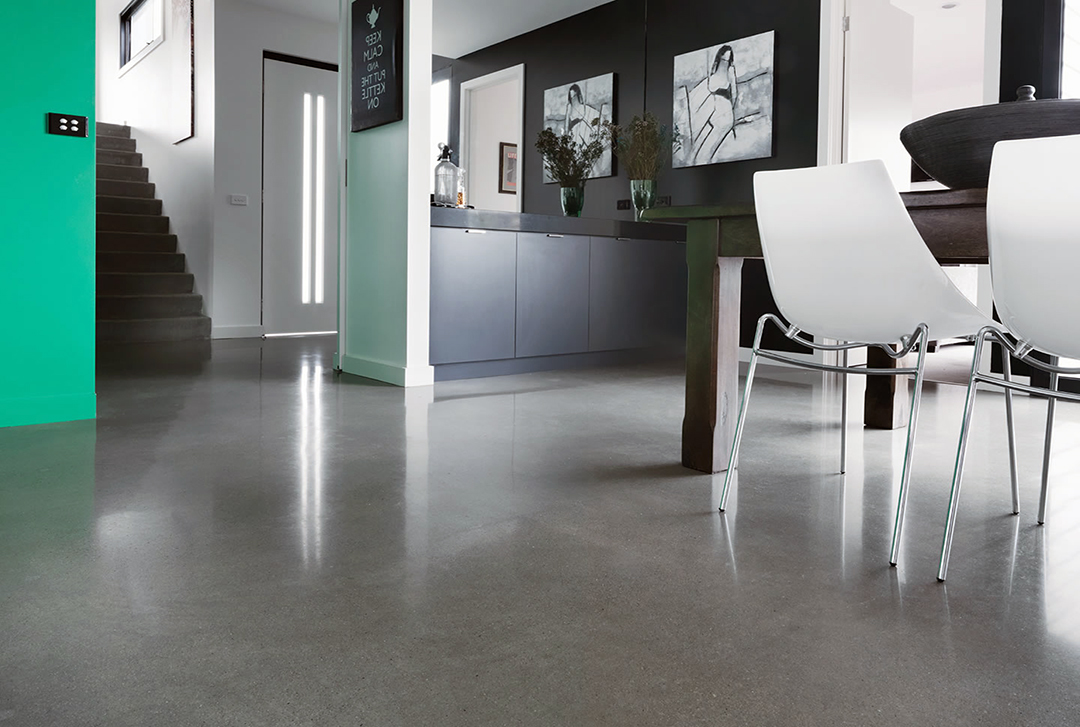When deciding the material required for your new driveway, there are always the top two traditional choices of concrete and asphalt. However selecting between these two becomes a difficult task as both seem to be similar – and at the same time, they come with their own set of pros and cons.
However, despite their similar appearance these two products are as different as they can be in every aspect. While selecting one, it becomes important to take into consideration their various properties, strength and durability characteristics and also the cost.
As the binding material in concrete is cement and the same in asphalt is tar, their properties and cost vary significantly. As the driveway is a pretty long term investment, it becomes important to make the choice between these two materials wisely. So let us compare concrete and asphalt on the basis of various relevant factors.
Asphalt vs Concrete
Cost Of Asphalt Vs Concrete
When compared on the basis of their initial paving cost, asphalt proves to be much more economical than concrete due to various factors. As cement is much more costly than tar, it significantly increases the cost of concrete. Asphalt driveway usually costs you in the range of $3 to $5 per square feet, while concrete usually ranges between $7 and $12 per square feet. Hence it is evident that if you want to go for an economical option, asphalt is what you should be considering.
Initial curing period
While concrete surface requires an initial period for curing of about a week or more, asphalt driveways are ready for use almost immediately. This makes asphalt suitable for people who are in a real hurry to get started on using the surface. While this may not be an issue for most people, it is something that is often overlooked.
Durability
Although the first two factors make asphalt seem like an ideal choice, when it comes to durability, concrete beats asphalt hands down. While concrete surfaces can last more than 40 years, the lifespan of asphalt surface is almost half of that of concrete. Which is why you constantly see roadworks up and down the country.
Maintenance
Asphalt surfaces require resealing almost every 3 to 5 years. Concrete does not require maintenance that frequently. However, the asphalt surfaces are easier to repair as compared to the concrete ones. The cost of repairs on a concrete surface is likely to be much greater than an asphalt one. The cracks on an asphalt surface can be easily sealed, while those on a concrete surface are much more difficult to be repaired.
Climate
When it comes to cold weather, concrete easily cracks while an asphalt surface requires lesser attention. Also salt used to melt the ice causes lots of damage to a concrete surface. However, when it comes to warm weather, concrete performs much better than asphalt surfaces. Asphalt has a tendency to soften up easily in hot climatic conditions. Hence it becomes important to take into consideration the climatic condition of your region.
Oil stains
The look of your driveway surface can be easily spoiled because of oil stains. However these stains are much more noticeable on the concrete surfaces than on an asphalt surface.
Environmental
In 1998 a study was undertaken that investigated the environmental impact of asphalt vs concrete. The results were quite shocking. Asphalt had a bigger carbon footprint than concrete. However concrete produced much higher levels of toxic gasses. It basically concludes that there is not much difference between the two in terms of environmental impact (because they are both pretty bad). They do add as a footnote however that as asphalt is often recycled and concrete is not it perhaps (Very slightly) tips the scales in the favor of asphalt for someone particularly concerned with the choice.
Asphalt Vs Concrete Pros And Cons
To summarize the article we have produced the following list of pros and cons
Pros for Asphalt
- Very slightly more environmentally friendly
- Costs about half of what concrete costs
- Repairing is much easier than concrete
- Much Better than concrete in the extreme cold
- Oil Leaks are almost invisible – but a gas leak will destroy the drive.
- Long life span of 20 years.
- Is ready for use almost immediately
Pros for Concrete
- Much less maintenance than asphalt – but repairs will be more costly
- Much better than asphalt in hot temperatures
- 10 years longer lifespan than concrete (lasts up to 30 years)
So which is best?
Well, it becomes evident that to select between these two materials, one must select on the basis of the level of durability they expect for their investment and most importantly, the climatic conditions of the region.
It thus turns out to be a rather subjective choice than a general obvious one – with no single answer right for every situation.
Do you have an asphalt or a concrete driveway? Are you looking to get one installed? Let us know what you think or ask any questions in the comments section below!










